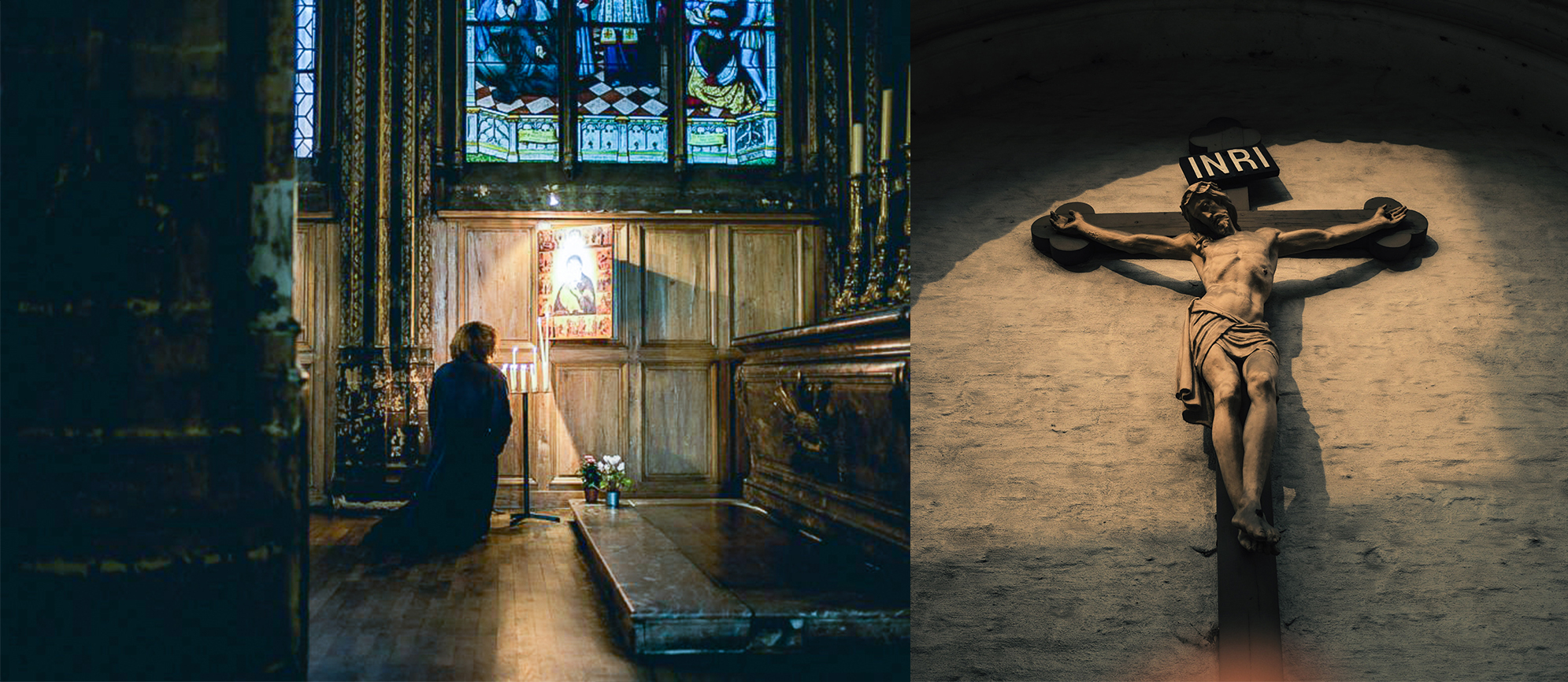Meet Mr. J, who was very active in ministry at his Catholic parish. He can be very loud and repeats the same three phrases when you meet him, but is joyful as he sings all of the right words to each hymn in Mass. When Mr J, who is living with dementia, had issues performing his ministry duties, he was left off of the schedule without any notice. Rightfully upset for not being informed, his wife who is his caregiver, spoke with the leader and Mr. J officially resigned from that ministry.
Dementia is a broad term used to describe a group of chronic symptoms that may include: memory impairment disrupting everyday life; diminished judgment; inability to plan; challenges with words and communication; disorientation of time and place; and other symptoms. Dementia can be caused by Alzheimer's disease, Dementia with Lewy Bodies, vascular dementia, frontotemporal degeneration, and traumatic brain injury. Persons living with Down syndrome have an increased risk of developing Alzheimer’s disease.
While dementia is a disability, it is often thought of as an invisible condition because it can be difficult to sense that someone has it. In passing, persons who are living with the early stages of dementia may look like anyone else. If you spend more time with them, you may notice challenges in finding the right words, following a complex conversation, or planning the route home. The fact that others may not be able to “see” dementia can cause a unique stress on caregivers. When family and friends do not sense an issue, it is easy for others to do the same. Hence, the challenges of the caregiver go unrecognized - no phone calls or prayers or help are offered.

When dementia is more perceptible in the moderate to late stages, many family and friends “dry up,” a term coined by Mr. B, a care partner for his wife of 57 years. He described to me that people stopped calling, visiting the house, or inviting them out. We think it is because they want to remember the person before they became ill, or perhaps because they feel uncomfortable about saying the wrong thing in conversation. No matter the reason, the new isolation from family and friends hurts.
Dementia care partners experience many small losses over time. It may be the loss of their loved one dressing themselves, the loss of being able to cook their signature dish, and the loss of an adult companion for making big decisions or simple conversation. Rather than a definite loss like death, the losses happen over time and while the care partner grieves, he or she may be the only one who notices them. Perhaps, only when their loved one dies will cards, flowers, and calls be received. These losses collectively describe “Ambiguous Loss” a phenomenon first introduced by Pauline Boss, Professor Emeritus at the University of Minnesota.
Many categorize dementia as an end-of-life situation, although it is a disability for which some will live an average of seven years after diagnosis. It is true that dementia is a “life-limiting” condition for which there is currently no known cure. However, there are a growing number of care partners, professionals, and advocates who are choosing to make the most of life after diagnosis. Persons living with dementia often experience short term memory impairment, but many can reminisce about events throughout their life span - people, jobs, childhood, and more. This is still our loved one and they deserve our compassion, patience, and attention.

Here are some tips to become a dementia-friendly parish:
- Practice candid, but sensitive communication. It is very sad to consider how Mr. J was treated, but it has become a lesson for all of us. The leader was not trying to offend the couple, rather he or she did not have the grace to handle an admittedly awkward situation.
- Promote parish resources for families impacted by dementia such as seminars by local social workers, nurses, neuropsychologists, caregiver support groups, and support groups for persons living with dementia.
- Offer pastoral care for families impacted by dementia where by parish clergy meet with the person living with dementia and care partners to discuss access to the sacraments on a regular basis, as well as end-of-life care planning in keeping with Catholic teaching.
- Make accommodations for persons living with dementia, their care partners, and families in celebrating the Mass, as well as in opportunities to be active in parish ministries to share their talents.
- If you know a dementia care partner - and really, a care partner of any illness - pick up the phone and call them or visit them. It is very likely that they are isolated and feeling alone, while experiencing many losses. Research has demonstrated that care partners with more visits experience less caregiver burden than those with fewer visits.
Matthew Estrade is a gerontologist in the Greater New Orleans area. He is the author of The Peace with Dementia Rosary: Education, Intentions, Community. Matthew publishes daily, weekly, and monthly education and prayerful content at www.DementiaRosary.com.
The content contained in this post and on this site are the opinions of the individual author and do not necessarily reflect the official policy or position of the National Catholic Partnership on Disability.
© The National Catholic Partnership on Disability 2020

